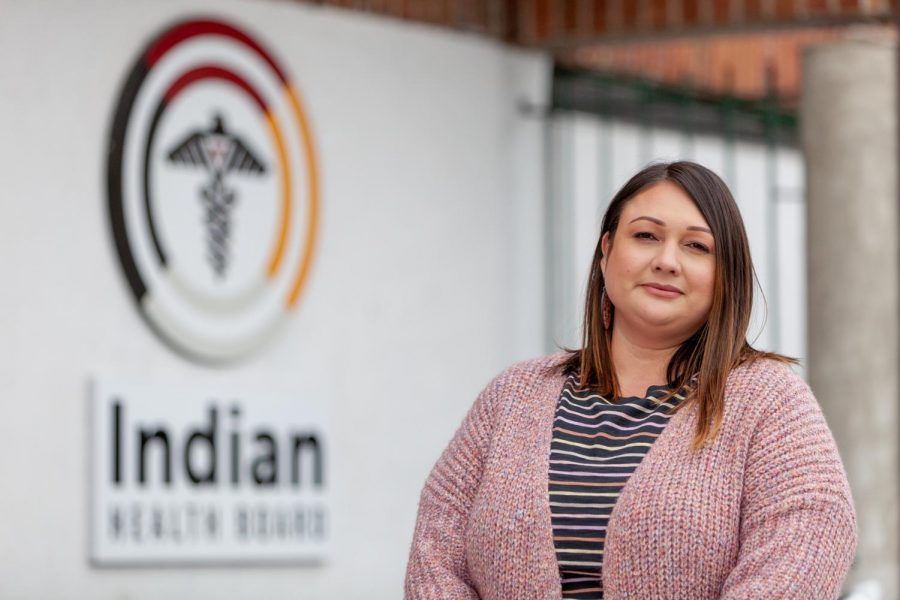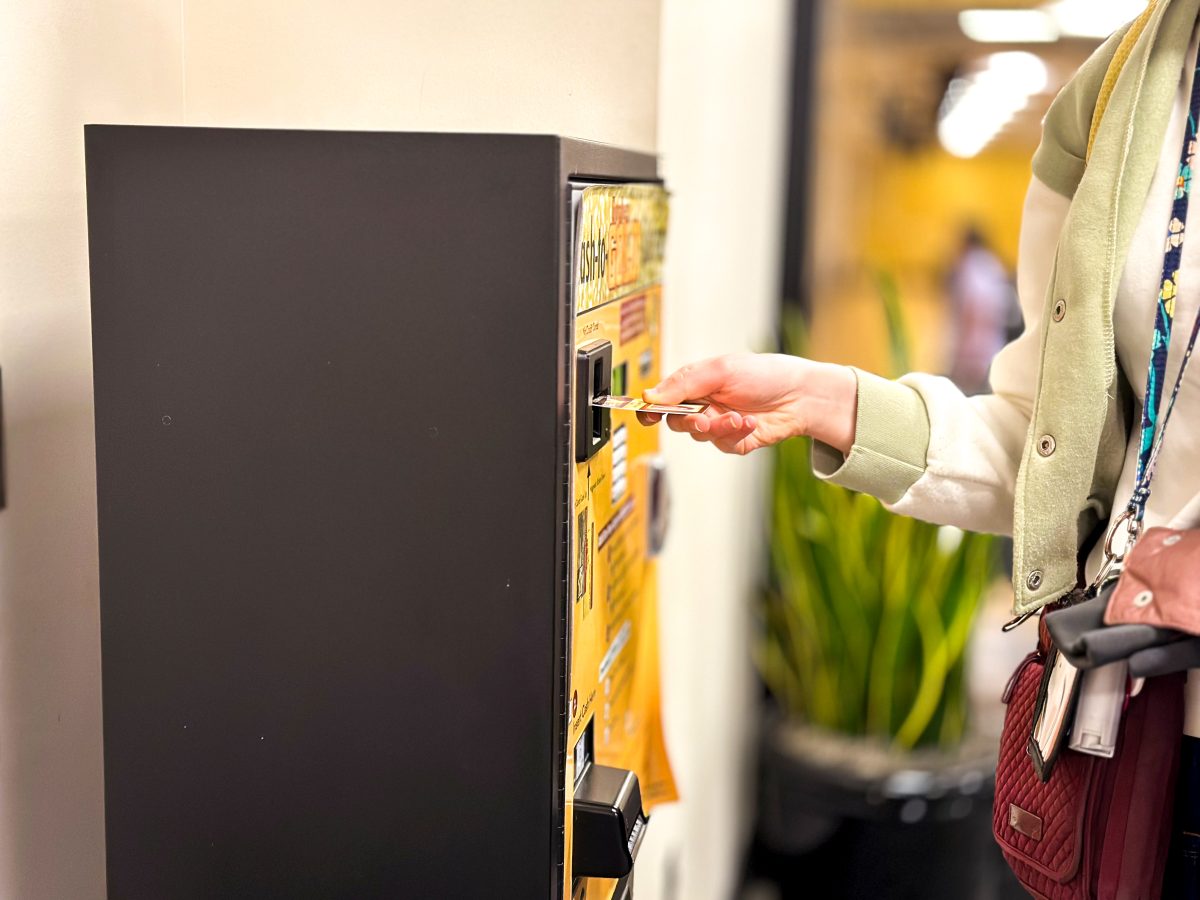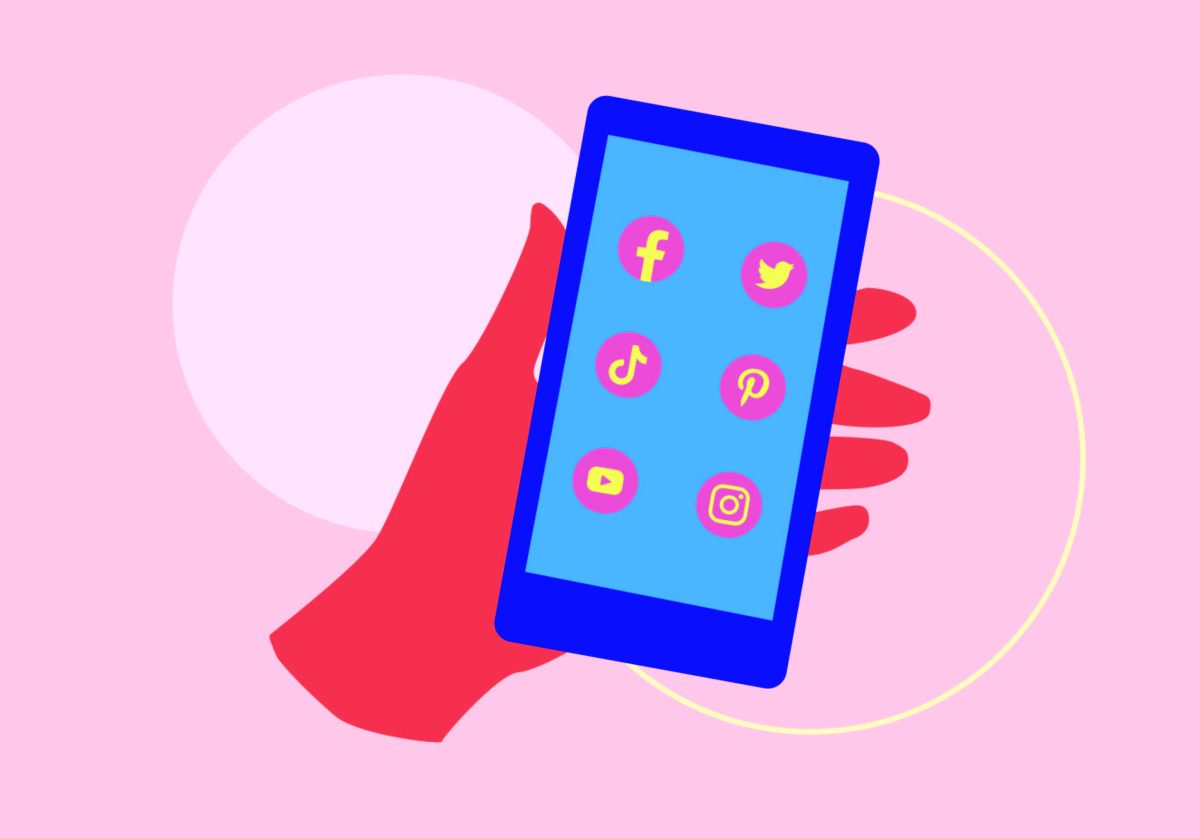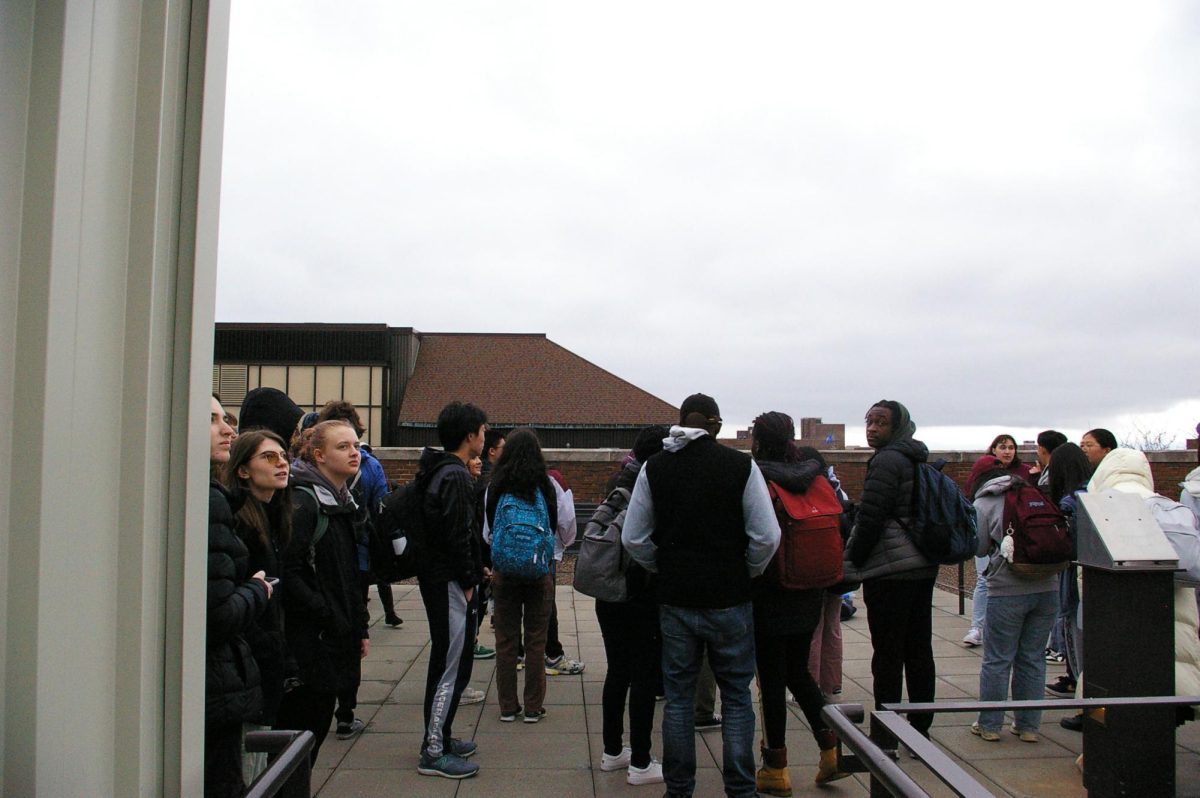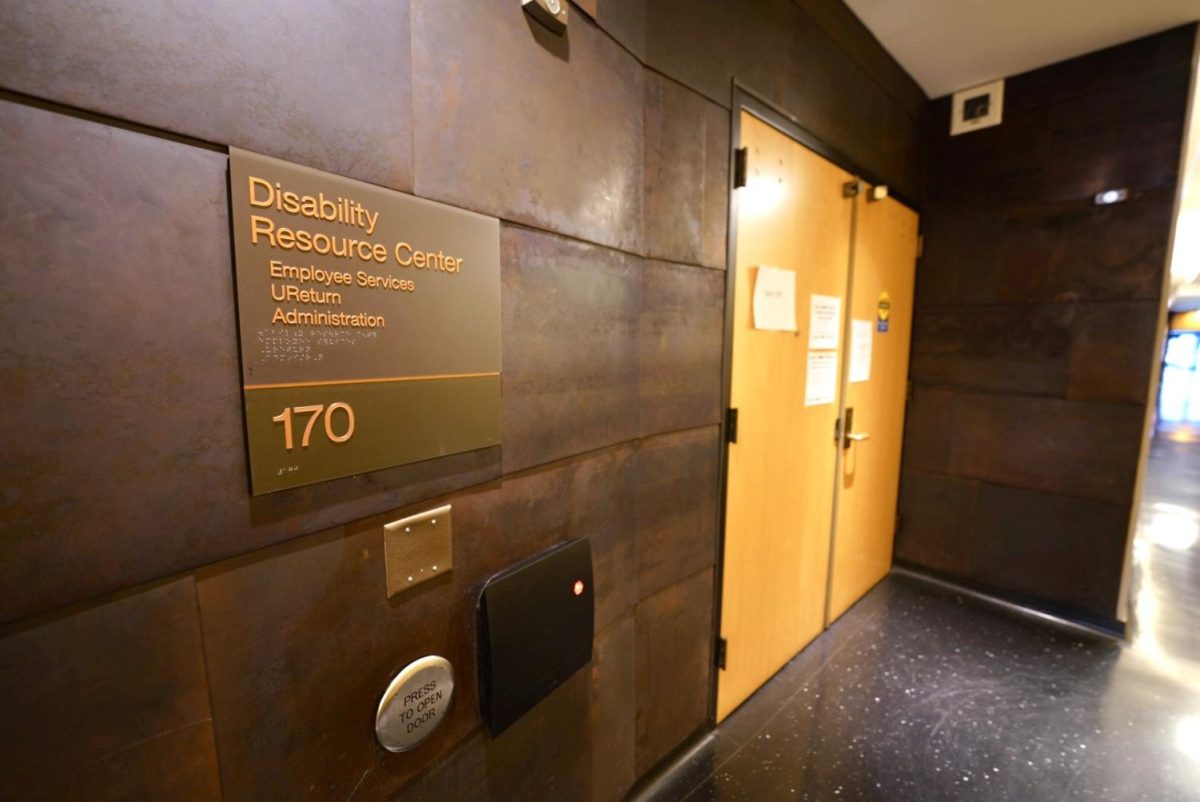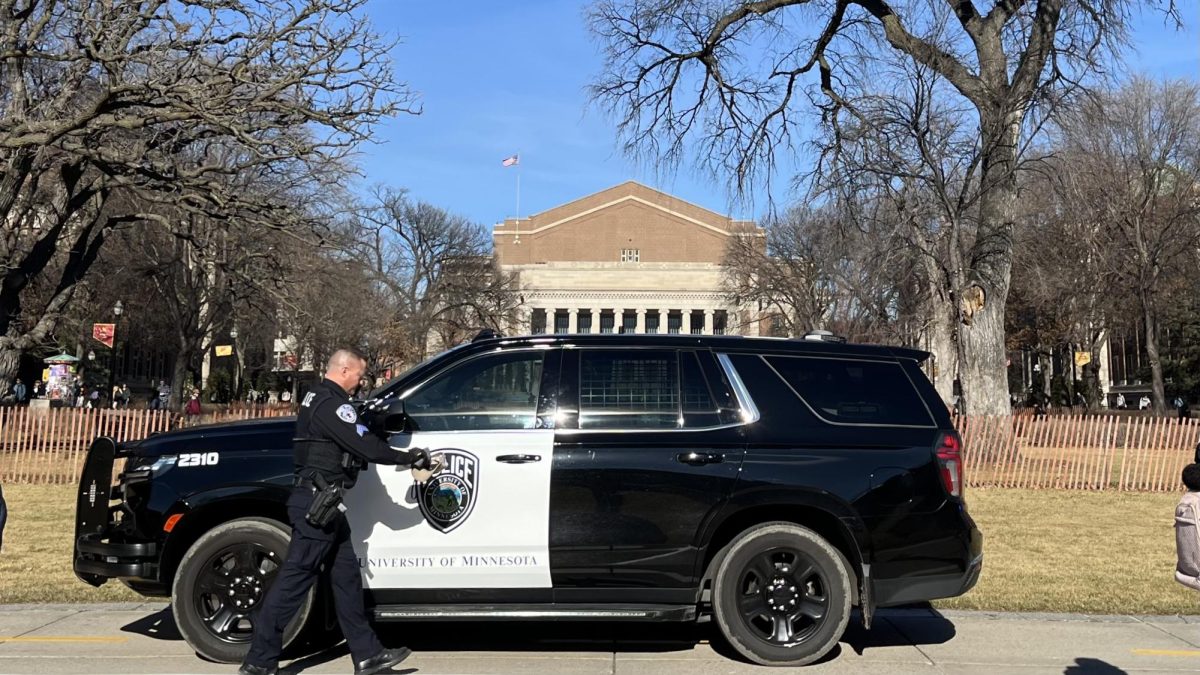University of Minnesota graduate student of maternal and child health Delilah Robb is trying to destigmatize sex and sexuality in American Indian communities through community listening sessions, video and print campaigns, and virtual education classes in the Twin Cities.
As part of the Indian Health Board’s campaign, “Honor Your Body and Your Culture,” her work incorporates American Indian culture into the discussion about sexual health and seeks to educate and empower American Indian people through the process.
Historically, colonialism and forced assimilation changed how people have thought about sex and gender, said Robb, who is from the Turtle Mountain Band of Chippewa Indians.
“There’s a lot of things that people need to think about [with] sexual health,” Robb said. Topics like sexual orientation, gender roles and identity, love and affection, and body image are related issues that are important to address.
Talking about sexual health is hard for a lot of people, not just for American Indian people, she said. But especially in the context of colonization and the forced integration of American Indian children into Christian boarding schools, American Indian teachings and lessons around sexual health were taken away, Robb said.
Kyle Hill, an enrolled citizen of the Turtle Mountain Band of Chippewa, said sexuality and sexual health are not typical topics American Indian people talk about because of historical trauma as a result of settler-colonialism, which specifically refers to the oppression and violence against American Indians perpetuated by settlers. Hill is a clinical training director at the Indian Health Board with a Ph.D in clinical psychology and a Master’s of Public Health.
When European settlers came to the United States, they instituted several federal policies centered on assimilation with a disturbing motto: “Kill the Indian, save the man,” he said.
Government removal of American Indian people from their land and the forcible integration into boarding schools removed American Indians from their culture and value systems and fundamentally disrupted gendered tasks and societal roles, he said.
Although some may think of boarding schools as occurring a long time ago, Robb said her grandmother was part of that generation. Boarding school practice only stopped with the passage of the Indian Child Welfare Act in 1978, which gave American Indian parents the legal right to deny their child’s placement in schools off reservations.
“What I love about what Delilah is doing is framing sexual health from a cultural perspective — the beauty of culture, the beauty of ceremony and allowing us to describe and conceptualize our own health and sexuality as Indigenous people,” Hill said. “[Robb is] helping us to reclaim our understanding, from our own perspective and from our own culture, about what healthy sexuality means and therefore liberating us from this Western notion, but also being real about what are the real issues in our communities.”
Lenny Hayes, a member of the Sisseton-Wahpeton Oyate tribe who was involved with the project, said colonialism has resulted in the loss of identity and recognition of Two-Spirit people, both within tribes and in the mainstream LGBTQ community. Hayes is the owner and operator of Tate Topa consulting and specializes in marriage and family therapy in American Indian communities.
Although not all American Indian tribes connect with the word “Two-Spirit,” each tribe has a word to describe Two-Spirit identity. The term comes from the Ojibwe language and refers to an American Indian person who has both a masculine and feminine spirit, according to Hayes.
Historically, Two-Spirit people were revered as spiritual beings and served important roles in their communities, Hayes said. After being targeted and murdered by colonists, they were often hidden to avoid detection and persecution. Over time, Two-Spirit people were largely forgotten by their tribes and remain excluded from mainstream LGBTQ communities today, said Hayes, who is a Two-Spirit man.
“When we do work within a community, we really try to stay away from that ‘I’ statement and then use ‘we’ because when we do this work, we do it for our communities and not ourselves,” Hayes said. “That’s why [Robb’s work is] community-based rather than meeting with individuals one-on-one. It’s making it a part of community but also making it very safe and comfortable for individuals to talk about sexuality.”
Nova MartinRogers, a sixth grader at Brimhall Elementary in Roseville from the White Earth Nation, attended one of Robb’s summer youth programs in August over Zoom. Although she said her parents talked with her about sex and sexuality before attending the group, Nova said the four-day virtual series was helpful, especially since she had not learned about topics like sex or puberty at school.
Robb now offers a monthly Youth Circle group for people aged 11 to 17 and started a Parent Circle in the second week of October.
While talking about topics like consent, gender, puberty and safe sex, youth, like Nova, are keeping their hands busy learning traditional crafts like beadwork and how to prepare traditional tobacco. Traditional tobacco is different from commercial tobacco and is made by preparing different plants. The tobacco also has spiritual and cultural significance in many tribes.
Nicole MartinRogers said she enrolled her daughter Nova in these classes because she wanted her to have the experience of learning alongside an American Indian instructor and other American Indian kids.
“I don’t think a lot of kids have access to the information they need at the right age to make good, healthy decisions,” she said. “So, I’m glad that they have that.”
MartinRogers said the class is a way of combatting stigma about sex. She said she knew many people who were not taught about consent, had children at a young age or got sexually transmitted infections.
“Nobody’s talking about this,” Robb said. “If I create a safe place for people to share through the teaching, it’s also a collective healing … where we can openly talk about some of the things that have happened [to us].”










